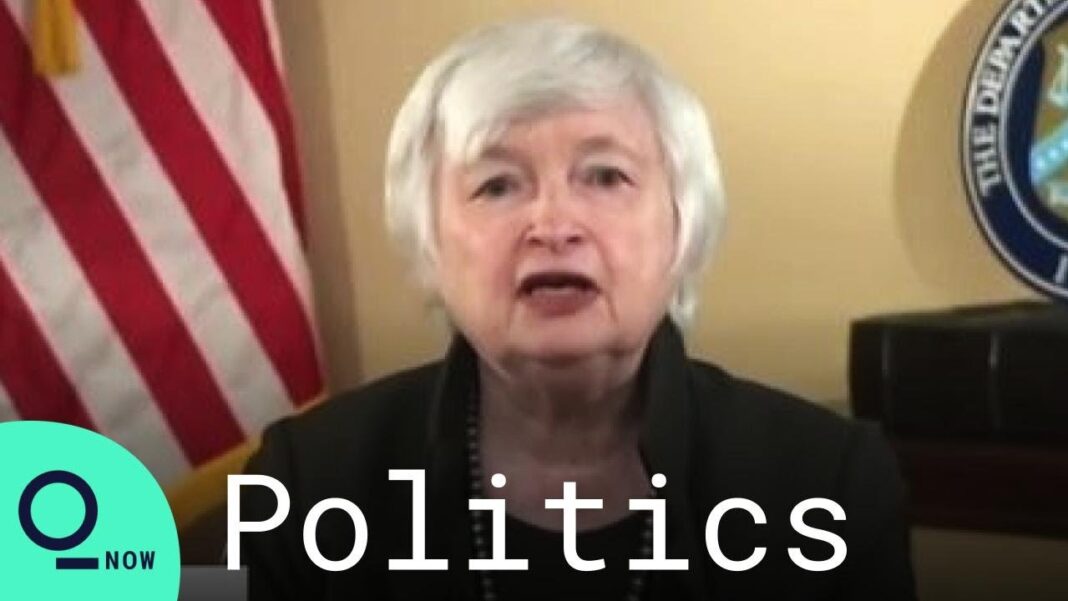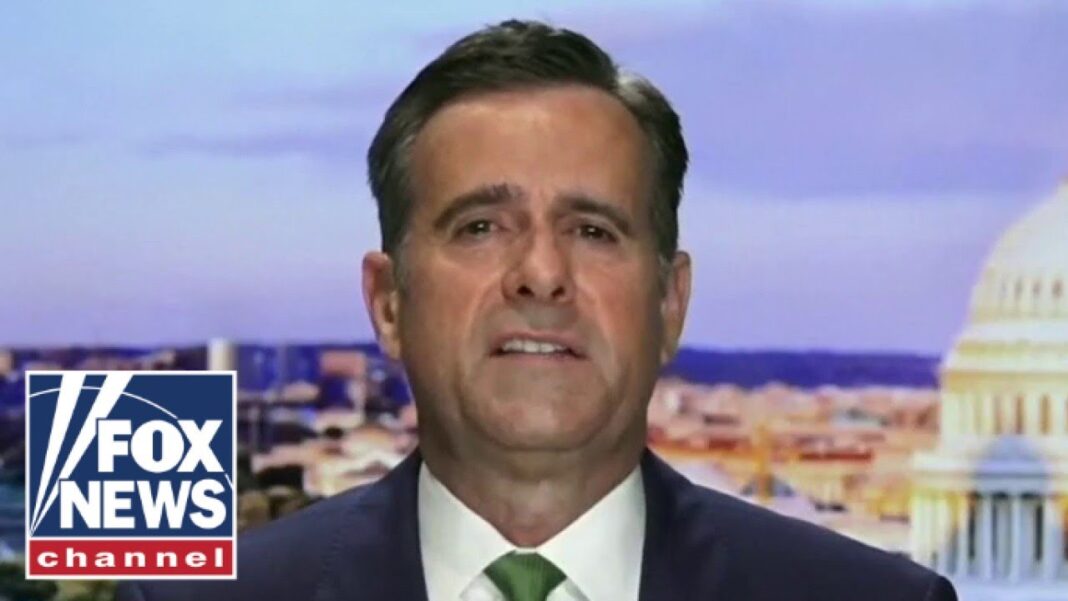
The Republican-controlled House of Representatives told the Biden administration in no uncertain terms last week that it won’t approve the deal that Treasury Secretary Janet Yellen negotiated with more than 130 other countries to align U.S. corporate tax laws with those developed by the Organisation for Economic Co-Operation and Development (OECD).
In one of the more unusual tactics to bring the United States into compliance with international agreements, the Biden administration signed on to a global tax agreement that includes establishing a minimum corporate tax rate on multinationals of 15 percent, which gives Congress the choice of either approving the deal or watching U.S. companies suffer from foreign tax penalties.
While Yellen called the move “a once-in-a-generation accomplishment for economic diplomacy,” the agreement has its critics.
“The OECD agreement is a bad deal for American workers and families, and it has no path forward in Congress. The Biden Administration cannot override Congress’s sole tax-writing authority under the Constitution or turn that power over to foreign bureaucrats,” Rep. Jason Smith (R-Mo.), chair of the tax-writing House Ways and Means Committee, stated on Feb. 2.
“I think the Biden administration thought they had more political leverage than they did with these rules,” Daniel Bunn, president of the Tax Foundation, a nonprofit analytical group, told The Epoch Times. “I think that was a key mistake that they thought they could get it through Congress with the majority they had, and that was an error on their part.”
However, Bunn believes Congress will likely approve at least some parts of the deal.
“I think Congress doing nothing is probably a bad option,” he said, because of the risk of foreign tax penalties on U.S. companies that are built into the deal.
The new global tax agreement is a complex package that seeks to do away with tax havens and impose minimum taxes in all countries. The plan is divided into two “pillars.”








